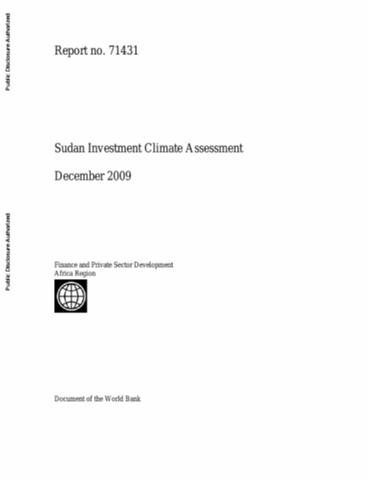Environmental service payments: Evaluating biodiversity conservation trade-offs and cost-efficiency in the Osa Conservation Area, Costa Rica
The cost-efficiency of payments for environmental services (PES) to private landowners in the Osa Conservation Area, Costa Rica, is evaluated in terms of the trade-off between biodiversity representation and opportunity costs of conservation to agricultural and forestry land-use. Using available GIS data and an ‘off-the-shelf’ software application called TARGET, we find that the PES allocation criteria applied by authorities in 2002–2003 were more than twice as cost-efficient as criteria applied during 1999–2001.




